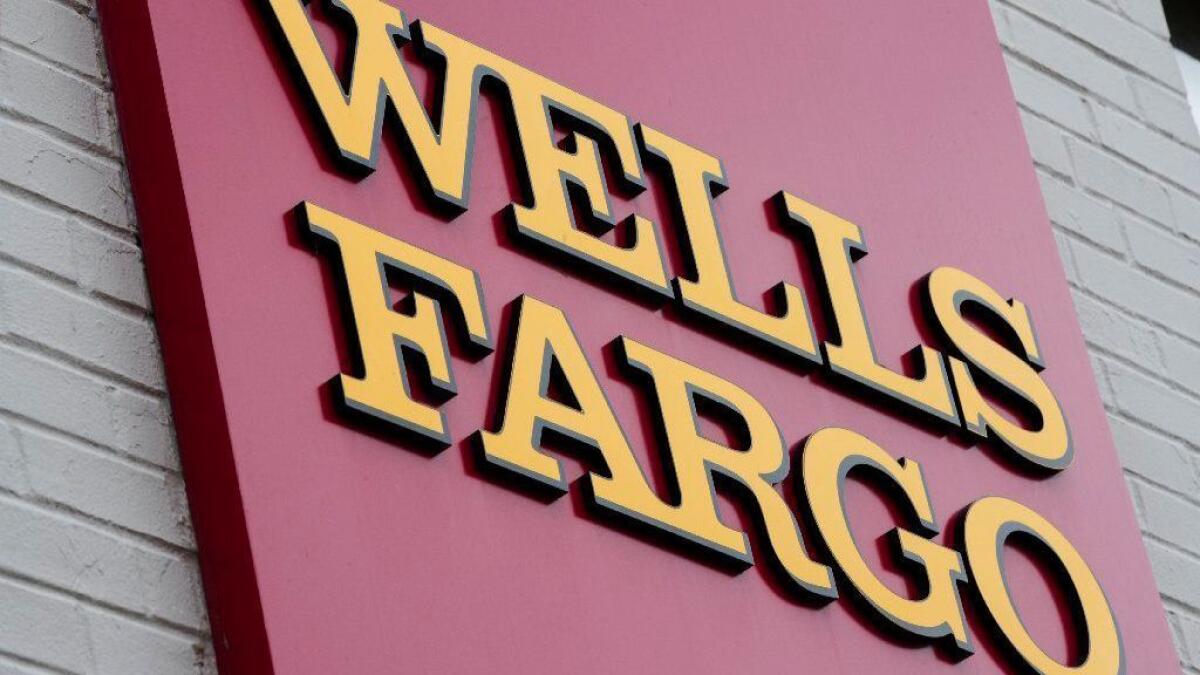Sacramento becomes latest city to allege mortgage discrimination by Wells Fargo

- Share via
Sacramento has joined Oakland, Philadelphia and other cities in suing Wells Fargo & Co. over allegations that the bank engaged in discriminatory mortgage lending practices, leading to a wave of foreclosures in minority neighborhoods.
The city filed a suit in federal court, saying the San Francisco bank violated the federal Fair Housing Act by saddling minority borrowers with pricier loans and failing to notice or end the practice.
The Feb. 23 lawsuit makes prominent mention of a recent Federal Reserve enforcement action against the bank, which found “widespread consumer abuses and other compliance breakdowns.”
The Fed went after Wells Fargo for a raft of wrongdoing that has come to light over the past year and a half, from the creation of fake accounts to forcing auto loan customers to pay for unneeded insurance to charging extra fees on some mortgage borrowers.
“It’s not just bank accounts and credit cards. It’s all one set of conduct,” said Joel Liberson, a Los Angeles attorney who has worked with cities suing Wells Fargo and other banks over alleged mortgage discrimination.
Wells Fargo spokesman Tom Goyda said the bank will fight the suit.
“We don’t believe those [allegations] reflect how we do business in the communities we serve,” he said. “We’ve been serving Sacramento for more than 160 years. We’re going to defend our history of responsible lending.”
Sacramento, like the other cities, argues that Wells Fargo’s practices led to foreclosures, which hurt its budget by pushing down property values and resulting in lower property tax revenue. Similar cases have been filed by Oakland, Philadelphia, Miami and the nearby suburb of Miami Gardens.
The Miami and Miami Gardens cases target several big banks, while Oakland, Philadelphia and Sacramento name only Wells Fargo. Those cases got a boost last year when the Supreme Court ruled that the Miami case could proceed.
Sacramento is not the first city to mention Wells Fargo’s accounts scandal and subsequent admissions in its legal arguments against the bank. A similar suit brought by the city of Los Angeles was thrown out last year after the 9th Circuit Court of Appeals, agreeing with a lower court, said the city did not show evidence to back up its claims.
Follow me: @jrkoren
More to Read
Inside the business of entertainment
The Wide Shot brings you news, analysis and insights on everything from streaming wars to production — and what it all means for the future.
You may occasionally receive promotional content from the Los Angeles Times.











